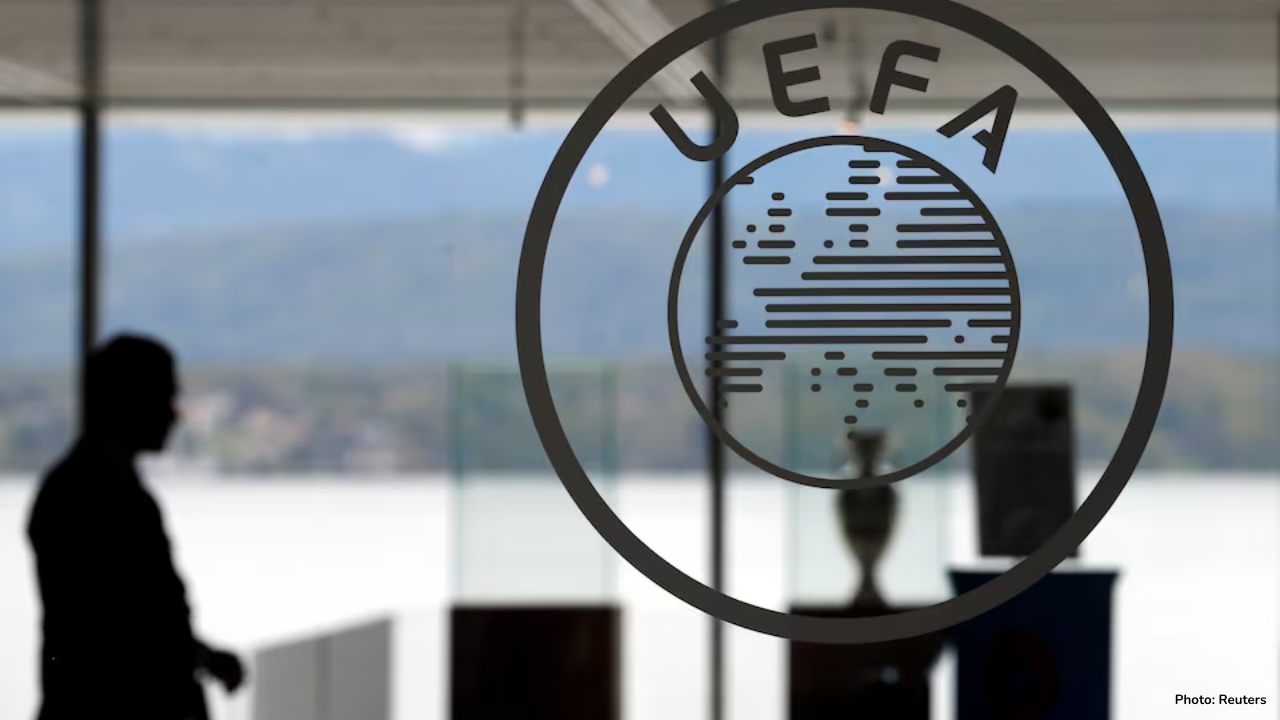
Inside Canada Politics: Key Decisions Driving Poli
Explore Canada politics as key decisions shape policy, leadership, and public debate. Stay informed

UEFA, the main body for European football, is preparing for a possible emergency vote next week to decide whether Israel should be suspended from its competitions. This situation has grown tense as political pressure and international calls for action increase. The debate comes amid the ongoing conflict in Gaza and rising humanitarian concerns.
UN Experts Call for Suspension
Recently, United Nations experts have asked UEFA to suspend Israel from international football. They cited the situation in Gaza and alleged human rights violations as reasons for their recommendation. This move has intensified discussions among UEFA members and national football associations about Israel’s participation in European competitions.
United States Responds
The United States government has strongly opposed any suspension of Israel. As co-hosts of the 2026 FIFA World Cup, U.S. officials stress the importance of Israel’s participation in the tournament. A spokesperson from the U.S. State Department said, "We will absolutely work to fully stop any effort to attempt to ban Israel's national soccer team from the World Cup." This shows the high-level political involvement in the decision.
UEFA and FIFA Roles
UEFA has the authority to suspend Israel or its football clubs from European competitions. However, even if UEFA suspends Israel, it may not affect Israel’s participation in World Cup qualifying matches, which are managed by FIFA, the global governing body of football. FIFA has not made any public comment about this potential suspension, leaving some uncertainty over how the international body will react.
The general secretaries of all UEFA national associations are meeting this week in Marbella. Israel is not officially on the meeting agenda, but officials expect an emergency vote to be called next week due to the increasing pressure from member associations.
Reactions from National Associations
The Norwegian Football Federation (NFF) has reportedly been a strong voice calling for action against Israel. Lise Klaveness, president of the NFF and member of UEFA’s Executive Committee, has been vocal about the humanitarian crisis in Gaza.
She stated, "Neither we nor other organisations can remain indifferent to the humanitarian suffering and disproportionate attacks that the civilian population in Gaza has been subjected to for a long time." Norway also plans to donate proceeds from an upcoming home game against Israel to humanitarian aid groups in Gaza.
The Dutch football federation (KNVB) has said that it has no information about a potential vote. They stated that once they receive official notice from UEFA, they will decide their position.
Spain’s Prime Minister Pedro Sanchez has publicly supported banning Israel from international sports competitions. However, Spanish football officials are keeping a low profile on the issue.
Israel’s Position
Israel maintains that its military actions are directed against Hamas militants, not the civilian population in Gaza. Israel claims the conflict began after the Hamas attack on October 7, 2023, which killed around 1,200 people in Israel, according to Israeli reports. Since then, over 65,000 deaths have been reported in Gaza. Despite the political and humanitarian tensions, the Israel Football Association continues to focus on upcoming World Cup qualifying matches against Norway and Italy. A spokesperson stated, "We don’t have any indications that we are facing such an act (UEFA suspension). We are focusing on our international matches."
World Cup Qualifiers and Future Implications
Israel’s national team will play against Norway and Italy, the top two teams in their World Cup qualifying group, next month. UEFA’s potential vote could create tension between Europe’s football governing body and the U.S., given the World Cup’s upcoming hosting responsibilities. The decision could set a precedent for how political conflicts impact international sports competitions. It also highlights the complex intersection between global politics and football.
Broader Implications
The possible suspension has broader implications beyond football. It raises questions about how international sports bodies respond to political and humanitarian issues. Decisions made in sports can influence diplomatic relations and global perception. UEFA’s choice will likely be closely watched by governments, international organizations, and sports fans worldwide.
The situation remains fluid, with UEFA potentially calling an emergency vote next week to decide Israel’s participation in European competitions. National football associations are positioning themselves amid mounting political pressure from the United Nations, governments, and humanitarian groups. Meanwhile, Israel continues to focus on its scheduled World Cup qualifiers. The outcome of UEFA’s decision could have long-lasting effects on international football, demonstrating how sports and politics can intersect in complex and challenging ways.